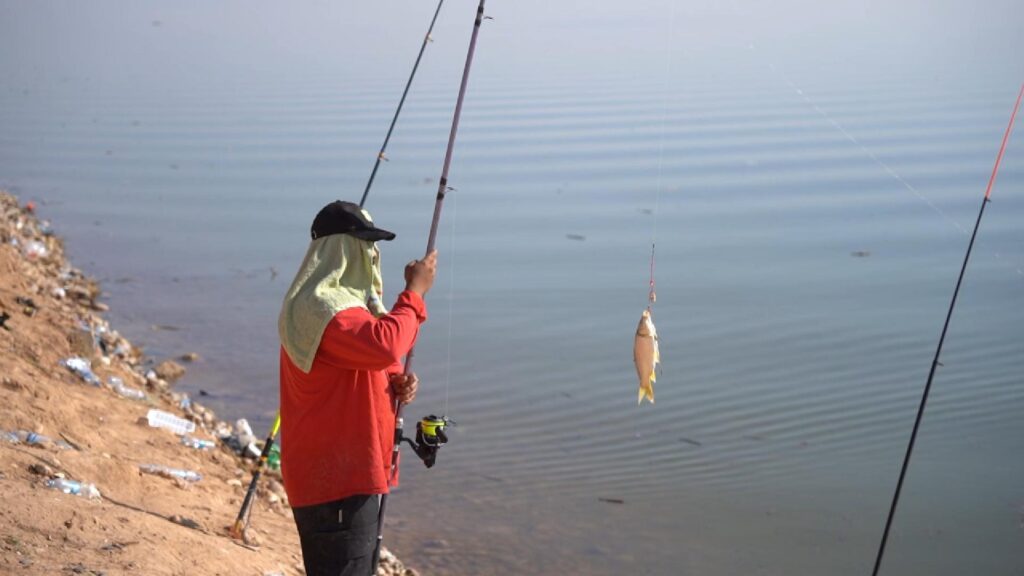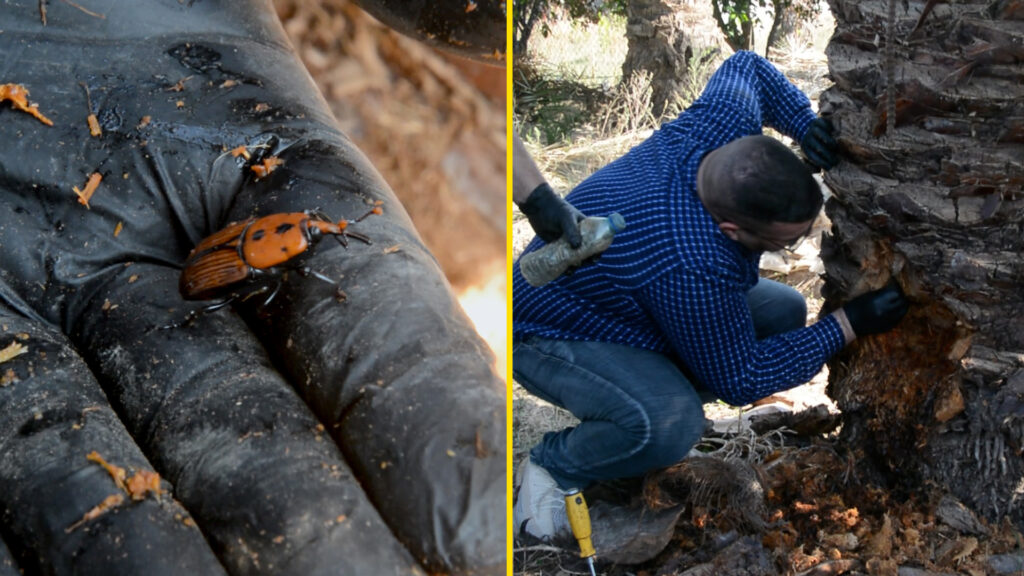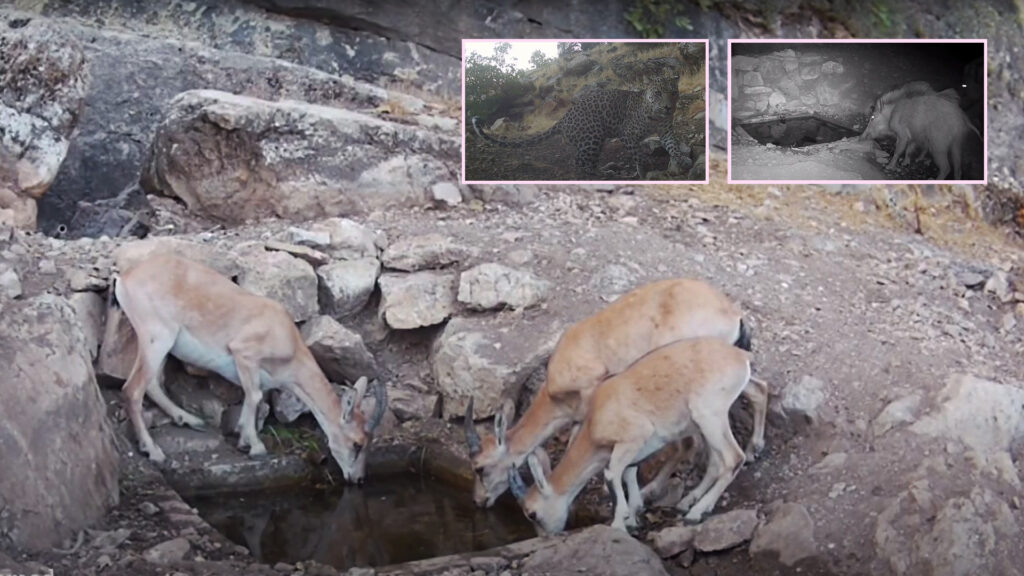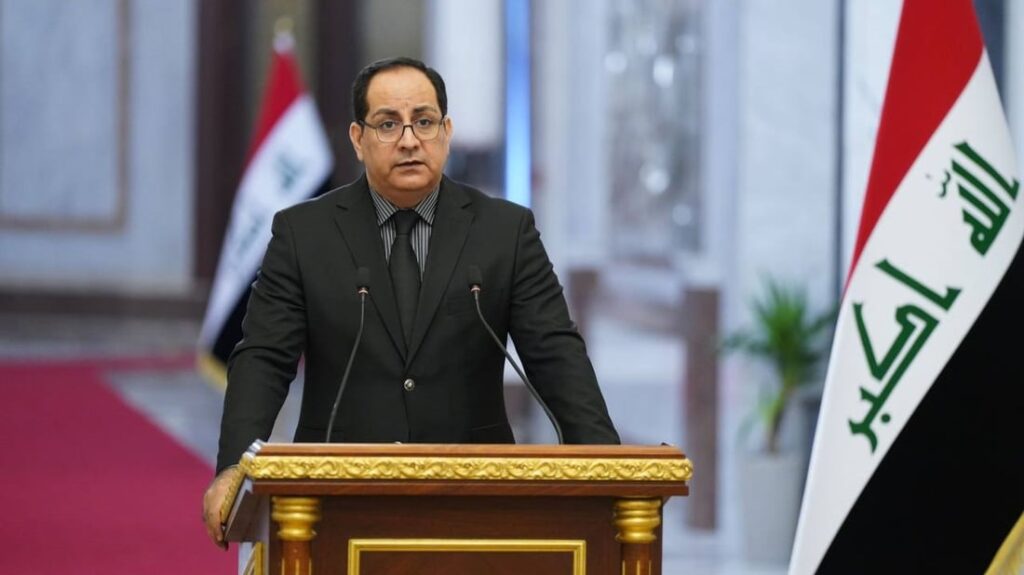Iraq's first census in decades hailed as 'huge step forward'

Schools and places of work were shut and a curfew imposed across Iraq on Wednesday and Thursday as the state carried out its first country-wide census in 37 years.
After decades of sectarian strife and disputes over territory in Iraq, the census has been hailed as a huge step forward, though the process has not been without controversy.
No census has been held in Iraq since the overthrow of Saddam Hussein in 2003. The previous one, in 1987, did not include the Kurdish region, which was then effectively autonomous from the Baathist government.
A census planned for 2007 was suspended over fears it would inflame the already febrile situation in the country, while a 2020 census was shelved as a result of the Covid-19 pandemic.
As many as 140,000 specially trained census takers have travelled the country asking residents to answer more than 70 questions on a range of issues - but not the contentious subjects of ethnicity or Muslim sect.
Sajad Jiyad, a Baghdad-based fellow at Century International, told Middle East Eye the census was extremely important due to the "tremendous changes" that had taken place in Iraqi society since 1987, when the last census to include Kurdish regions took place.
"In addition to providing data on population numbers, the census will be crucial for local governments as it will affect their budget share and highlight the trends in rural-to-urban migration," he explained.
"Cities such as Baghdad and Basra have come under pressure as people move from the countryside into the city in search of services and employment but proper data on this has been hard to come by."
While he said it was "a shame" that questions on sect and ethnicity were not included, it was nonetheless a "huge step forward" for the country.
Despite numerous attempts at safeguards, however, the process has not been entirely smooth and it has sparked particular controversy in the disputed northern territories of the country.
Trouble in Kirkuk
As the process entered its second day on Thursday, the governor of the northeastern city of Kirkuk - long a flashpoint for disputes over demographics - urged residents to remain at home and allow the process to be completed without unrest.
“I repeat once more, this census will benefit the economic future of Kirkuk, for our budget share, employment, and Kikruk’s share from national electricity,” Rebwar Taha said at a press conference.
Multi-ethnic teams were consciously deployed to the city in an effort to offset tensions over bias or manipulation.
'We work for a single goal, and that is achieving coexistence among the components and the people of Kirkuk'
- Rebwar Taha, governor of Kirkuk
Taha also called on residents to stop fuelling “sectarianism and nationalism” by spreading rumours online that outsiders were being bussed in to try and alter the demographics of the city, which is split between Arab, Turkmen and Kurdish residents.
“We as the [Kirkuk] administration... we work for a single goal, and that is achieving coexistence among the components and the people of Kirkuk,” he said.
Since Saddam's overthrow, Iraq has maintained a de facto confessional system that divides political power between the country's three main groups: Kurds, Shia Muslim Arabs and Sunni Muslim Arabs.
It has also officially recognised the autonomy of the Kurdistan Regional Government (KRG) in the provinces of Erbil, Sulaymaniyah and Duhok.
Provisions were also included in the new constitution for the eventual settlement of a number of territories disputed between federal Iraq and the KRG.
These areas, which include Kirkuk, are constitutionally recognised as having being Arabised by Saddam during his rule in an attempt to shift the demographic balance of the region away from Kurds, Turkmen and other minority groups.
According to KirkukNow, an outlet that covers the city, an agreement was made between the KRG and Baghdad that in the disputed areas the census would only cover those who could trace their roots to a census conducted in 1957, prior to the Arabisation campaigns.
Iraq's Kurds and Turkmen
That hasn't stopped a number of local politicians raising concerns about the potential impact of the census.
Fahmi Burhan, head of a KRG committee overseeing Kurds in the disputed territories, said he believed the census should have been delayed until the status of those territories had been resolved.
Speaking to Kurdistan24 earlier this week, he pointed to Article 140 of the constitution, which calls for a reversal of the Arabisation policies of Saddam, followed by a demographic census and a referendum.
"We issued a statement early on requesting that the census be postponed until Article 140 is implemented, or at least until some of its fundamental principles are executed," Burhan said. "However, this objective was not achieved."
The Iraqi Turkmen Front (ITF), a political party in Kirkuk backed by Turkey, has also warned of "manipulation" in the census.
Read More »In a statement on Tuesday, it claimed to have observed several families "who are not original residents of the province" being transported to Kirkuk ahead of the process.
"We will not stand idly by in the face of any attempts to alter the demographic reality in Kirkuk," the party said in a statement.
Despite this, however, as the sun began to set on Thursday evening, it appeared as though the process had gone relatively smoothly.
In a city that has been noted for inter-communal violence in the past, there was little beyond grumbling from political leaders and the spread of dubious rumours online.
Arivan, an editor of the regional outlet Kurdistan Watch who did not want to use his full name for security reasons, said the use of the 1957 census had been an effective "middle ground" in preventing further unrest in Kirkuk, along with the removal of ethnicity from the question list.
He added that the future of Kirkuk needed to focus on "power-sharing" rather than Article 140, which he believed would largely be a recipe for further instability.
"It should have happened, constitutionally, but I don't think it will ever happen," he told MEE.
'Data may be manipulated'
The next step would be to wait and see what kind of data comes out of the census. "We have a consenus for now, but it's Iraq... the data may be manipulated in future for political reasons," the editor said.
Although the final results of the census could take months to be released, Iraqi officials have expressed hopes that preliminary results could emerge before the end of the week.
Whatever comes out, however legimitate they are, the results will likely just fuel the existing power struggles in the country.
"The political system is based on an ethno-sectarian power-sharing system in which the political parties are based on ethnicity and sect and use proportion of population of their base to negotiate revenue, to negotiate power politically and economically," Renad Mansour, project director of the Iraq Initiative at Chatham House, told MEE.
"So, while they've kept out sect and ethnicity, it will be clear where power lies."







